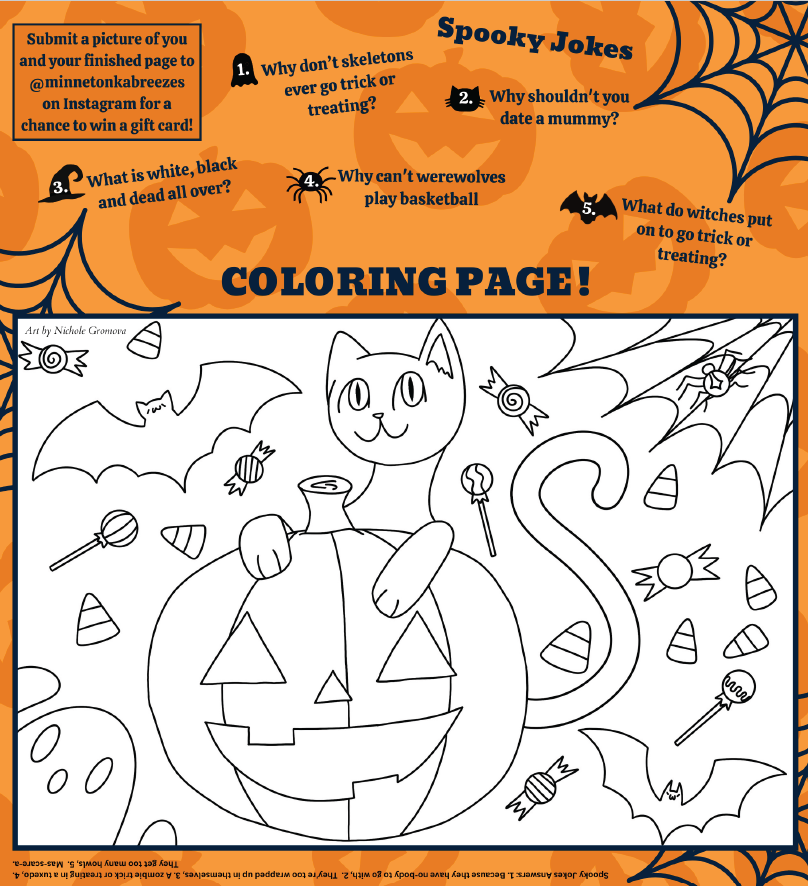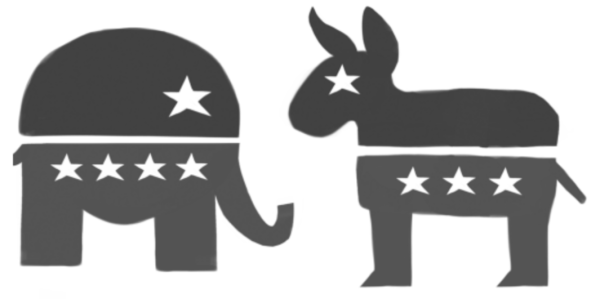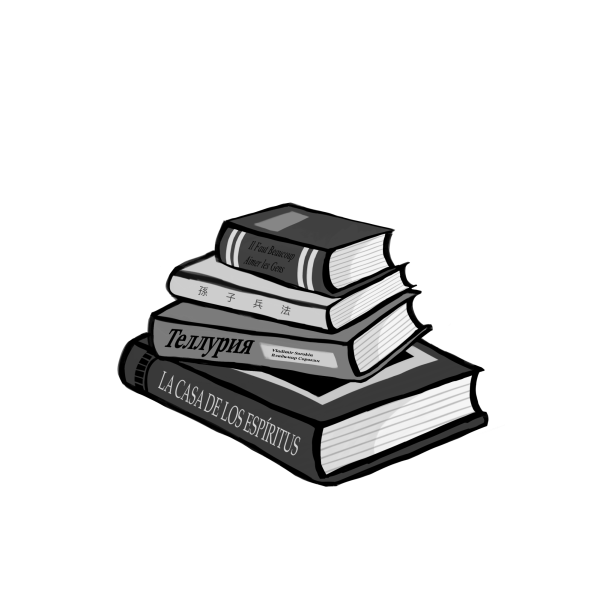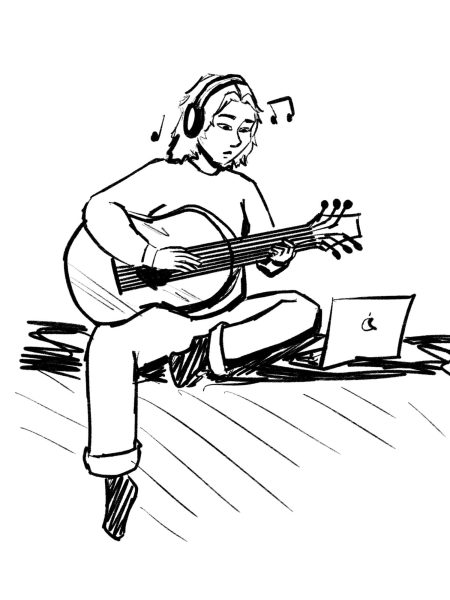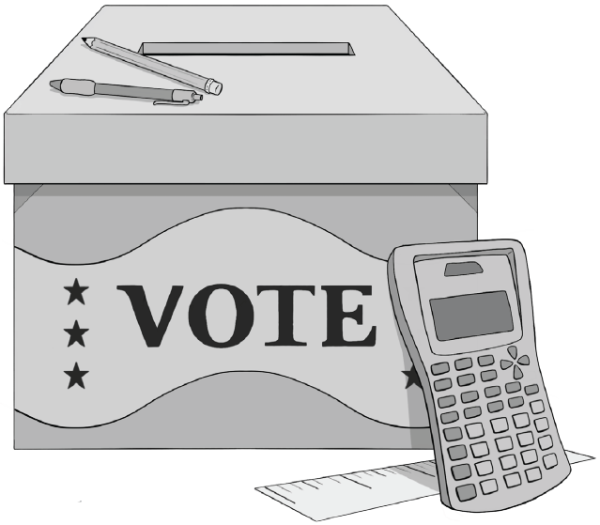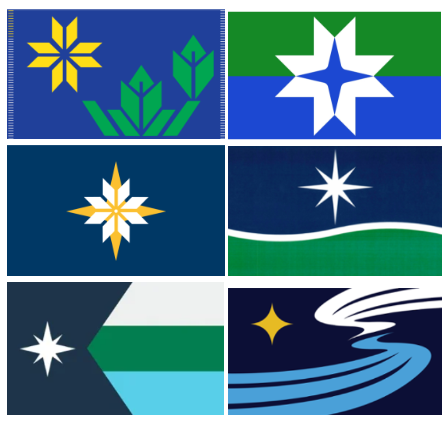Reading responsibly: A guide to navigating the news

September 29, 2017
Political events, both in the United States and around the world, can be confusing and hard to keep track of. Countless different outlets spew their individual take on the news every day. It is important to stay informed, but it is also crucial to make sure our news comes from reliable sources.
Sometimes it can be easy to tell if a source is reliable. However, this is not always the case, especially when dealing with online articles. Tabloid magazines may be easy to distinguish from their academic counterparts, but it is definitely less obvious which websites let questionable information slip through the cracks. Approximately 90% of Minnetonka students polled stated that they get most of their news from online articles rather than newspapers, so it’s important to think about where this news is coming from.
Ms. Hedstrom, the Digital Journalism teacher at the high school, has a few tips on how we can all be responsible readers. She explained that, “although the concept of ‘fake news’ has been emphasized more recently, it has always been present in our society via propaganda. We can approach ‘fake news’ in the same way as propaganda or other ambiguous messages, by examining biases and analyzing communications with a critical lens.” This idea of a “critical lens” is crucial to evaluating any source. Any article, whether it comes from a familiar website or one you have never visited before, should be subjected to the same level of careful scrutiny.
Another key to being informed is reading news from many different sources. Ms. Hedstrom recommends that in order to get out of the “filter bubble,” we should find “a variety of perspectives, even those we may not agree with.” Even if you think that a particular source is biased, it might still be worth your time. Reading articles you disagree with will make you more empathetic and may even open your eyes to a new way of thought.
Of course, there are some sources that are, by nature, less reliable than others. When asked what websites she generally considers poor sources, Emma Rosehouser (‘20) replied that she does not trust Wikipedia. Because anyone can write anything on Wikipedia, it cannot be relied on for accuracy. By contrast, the website “theconversation.com” only hosts authors that are certified experts in their respective fields. Since every individual journalist has different thoughts, opinions, and background experiences, it’s good to consider whether the author of a source has appropriate training.
The best thing to remember when reading the news is that even if a friend, relative, or politician claims that a source is bogus, you don’t have to agree. Everyone has to decide for themselves what sources they trust, hopefully through critical thinking and consideration.






















